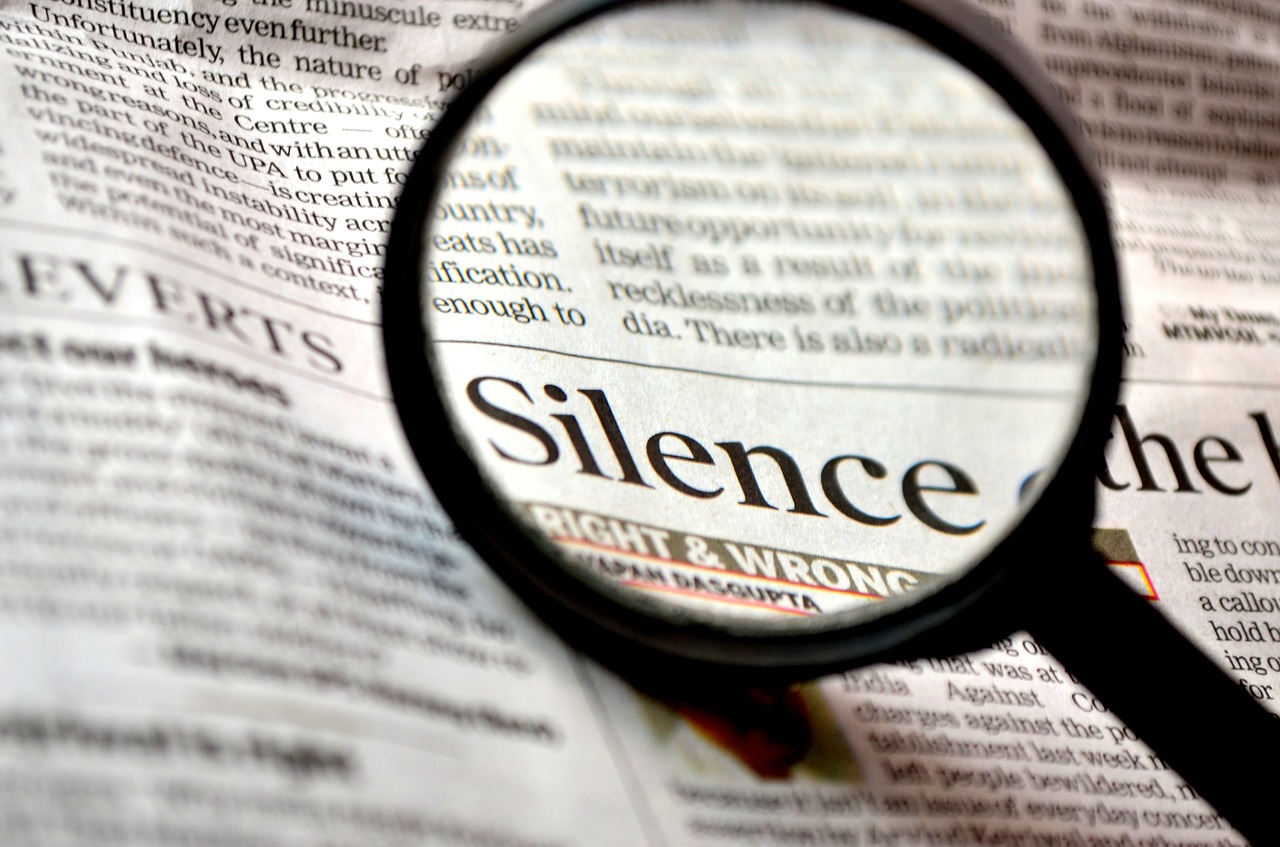Throughout the Civil War journalist and newspapers were restricted, arrested, and even shut down completely depending on how they reported the current events.
How Did This Happen in the North?
Journalists both from the North and South were claimed to oppose the draft, discouraged enlistments that were in the Union army, or even criticize the income tax. One of the main events that made headlines was two people from the grand jury drew up against a newspaper that had been critical of the Union. As a result, the newspaper had to stop mailing out publications.Further Restrictions on the Northern Press:
The military regularly asserted journalists and shut down newspapers. More specifically in Ohio, a mob attacked a local newspaper station, following a year later the army arrested him with unspecified charges. Lincon's workers and then even Lincon himself ordered several arrests. Some of the more harsh punishments include:- An arrest of an editor from the Freeman’s Journal, held for 11 weeks before eventually releasing him without a trial.
- An authorized military governor to destroy the office of the Sunday Chronicle in Washington.
- Lincoln directly ordered an arrest of the editors of the New York World and seized the paper’s offices. Due to two reporters running a fake proclamation, purportedly signed by the president, which called for a national day of fasting and a massive increase in the number of draftees.
Then telegraphs became popular and an easier way for reports to get quick information about the war back to their news stations, so of course the Lincoln administration censored telegraph dispatches to and from Washington.
On the Other Side of the Line:
Despite all the efforts that were made by the military and the government soldiers still exchanged newspapers. In fact, Confederate general Robert E. Lee kept up with of movements of Gen. McClellan’s Army of the Potomac by reading Northern newspapers.Also, Gen. Hardee received a copy of the New York Tribune, which taught him Sherman’s supply ships were gathering at Morehead City, North Carolina. This lead to Sherman’s tactics being foiled and the Union army suffered heavy losses in battle.
Anti-War Voices:
The Lincoln administration restricted the ability of active Peace Democrats to speak out against the war, offenses included, “treasonable language,” disloyalty,” threatening Unionists,” and “inducing desertion.” As well as banning any Confederate mottos or images.On May 1, 1863, a former congressman Clement Vallandigham gave a speech at a Democrat Party. He explained during the speech, he “despised it, spit upon it, and trampled it under his feet.” He then called for the removal of “King Lincoln” and criticized the government for not seeking a peaceful resolution to the war. When this was learned about by the government he was ordered to be put into jail, he was sentenced for the remainder of the war.
Was Lincoln Right by Limiting Speech/Press?
The conduction is not clear if Lincoln had a right to limit the speech, the way he did. However, the First Amendment specifically prohibits Congress from making laws "abridging freedom of speech” but Lincoln justified his actions restricting speech and the press based on the president’s war powers under the Constitution.
With all that being said Lincoln spoke in a speech on July 1861: “Must a government of necessity, be too strong for the liberties of its own people, or too weak to maintain its own existence?” Which states, the survival of the nation took precedence over the foremost constitutional principle.
Source: https://www.mtsu.edu/first-amendment/article/1059/civil-war-u-s#:~:text=

No comments:
Post a Comment